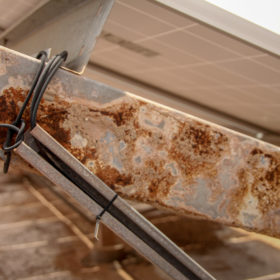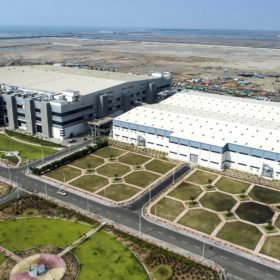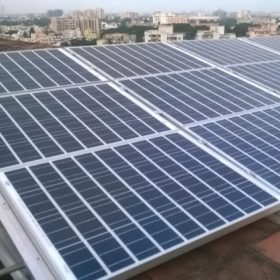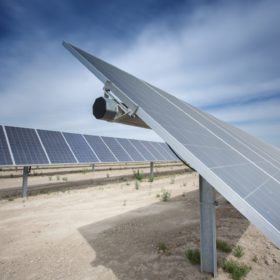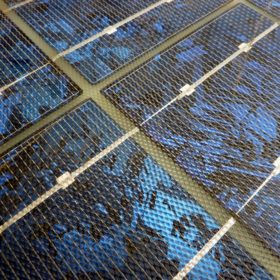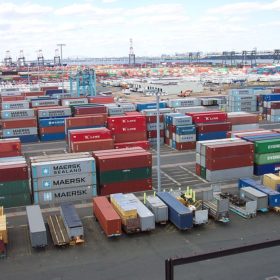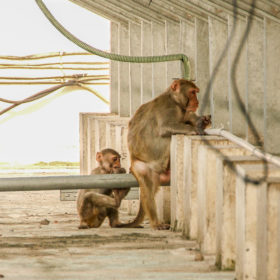PV installations in Q2 fall by half
In the second quarter, India installed solar projects amounting to 52% less capacity quarter-over-quarter, due to uncertainties around trade cases, module price fluctuations, and PPA renegotiations prompted by record low solar tender bids.
Government focuses on PV quality concerns
The award of the nation’s first solar project quality certificate may signal a renewed determination by the federal authorities to crack down on low-quality panels – with Far Eastern imports firmly in their sights.
SECI reduces manufacturing tender size from 5 GW to 3 GW
In a major development, the Solar Energy Corporation of India (SECI) has reduced its solar manufacturing tender size from 5 GW to 3 GW, and curtailed the minimum bid capacity from 1 GW to 600 MW. The size of Power Purchase Agreement (PPA), however, remains unchanged at 10 GW.
Researchers propose doubling today’s solar panel efficiency using two weird tricks
By double stacking a perovskite-silicon solar cell and using the cell in a glass-on-glass bifacial solar module, scientists model that a 30-36% efficient solar module can be attained.
Cygni Energy raises US$6.4 million, aims to triple solar DC capacity
Hyderabad based Cygni Energy plans to utilize the capital to triple its solar DC solutions production capacity from 4,000 units to 12,000 by H1 2019, develop new technology-enabled products and streamline the product lifecycle, as well as expand nationally and internationally.
Almost 60 GW of new solar by 2023
A combination of national, state and public body commitments could see the amount of PV added nationally treble on the last four-year period. But even with a new 7-8 GW added, rooftop solar will still be bringing up the rear.
Safeguard duty fallout: NTPC and MPUVNL delay solar auctions
Responding to developer requests, the state-run NTPC has deferred a 2 GW solar auction by a week, to Tuesday. Madhya Pradesh Urja Vikas Nigam Ltd is another state-owned corporation that has extended its bid submission deadline – for 33 MWp of rooftop solar – from August 9 to August 17, after similar requests.
Few winners as India imposes 25% safeguard duty, says IHS Markit
The tariff means PV projects will pause as developers adjust procurement strategies and new tenders risk delays or cancellation. The two-year limit on the duty will not be long enough to prompt more cell manufacturing capacity and as for imports, there are doubts over how the origin of cells will be adjudicated so that Chinese and Malaysian cells are subject to the charge, say analysts.
Vikram Solar demands special economic zone exemption from safeguarding
The Kolkata-based EPC company says failing to exempt SEZs from the new tariff defeats the point of the existence of such areas, which is to foster domestic manufacturing and industry.
Quality issues in Indian PV projects jeopardizing investments – report
Inspectors from solar risk management company PI Berlin visited six projects and exposed cost-cutting in installation, non-existent warranties, serious safety concerns and improbable performance figures.
